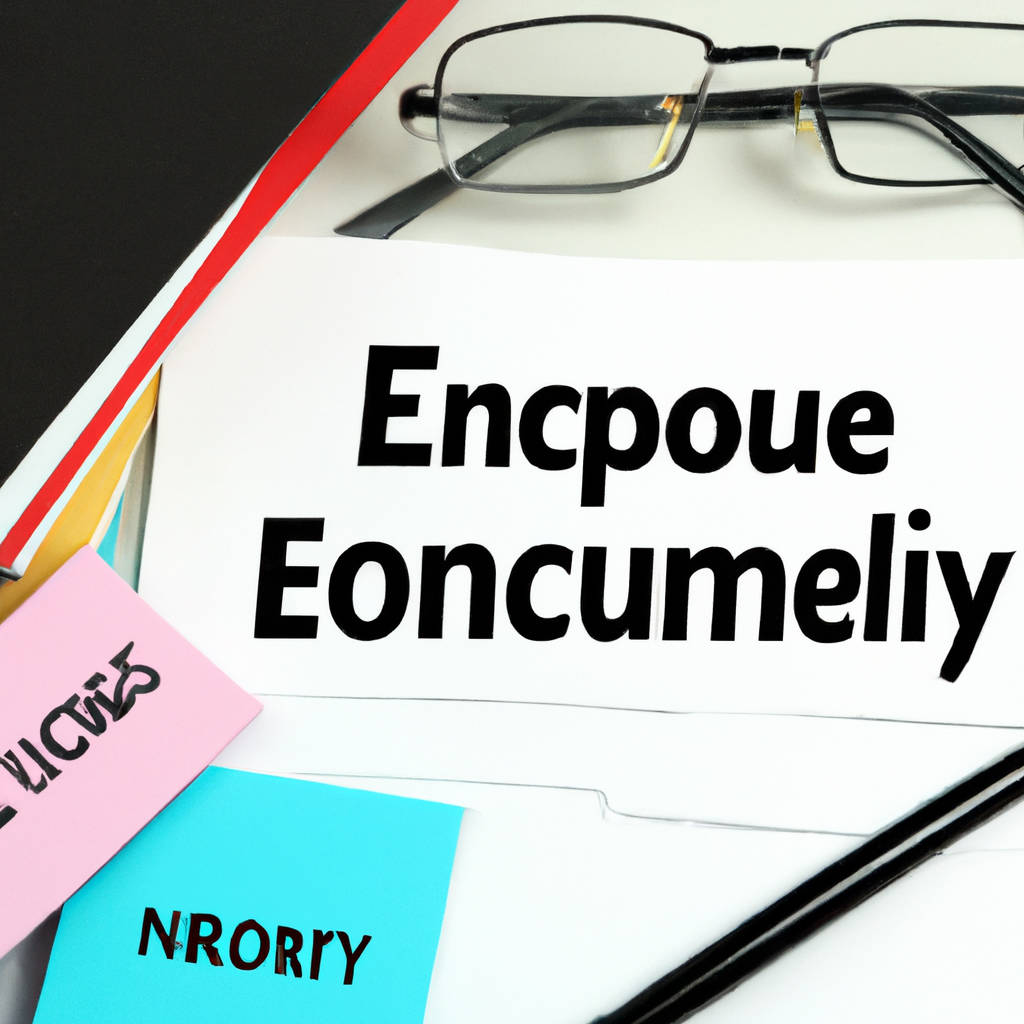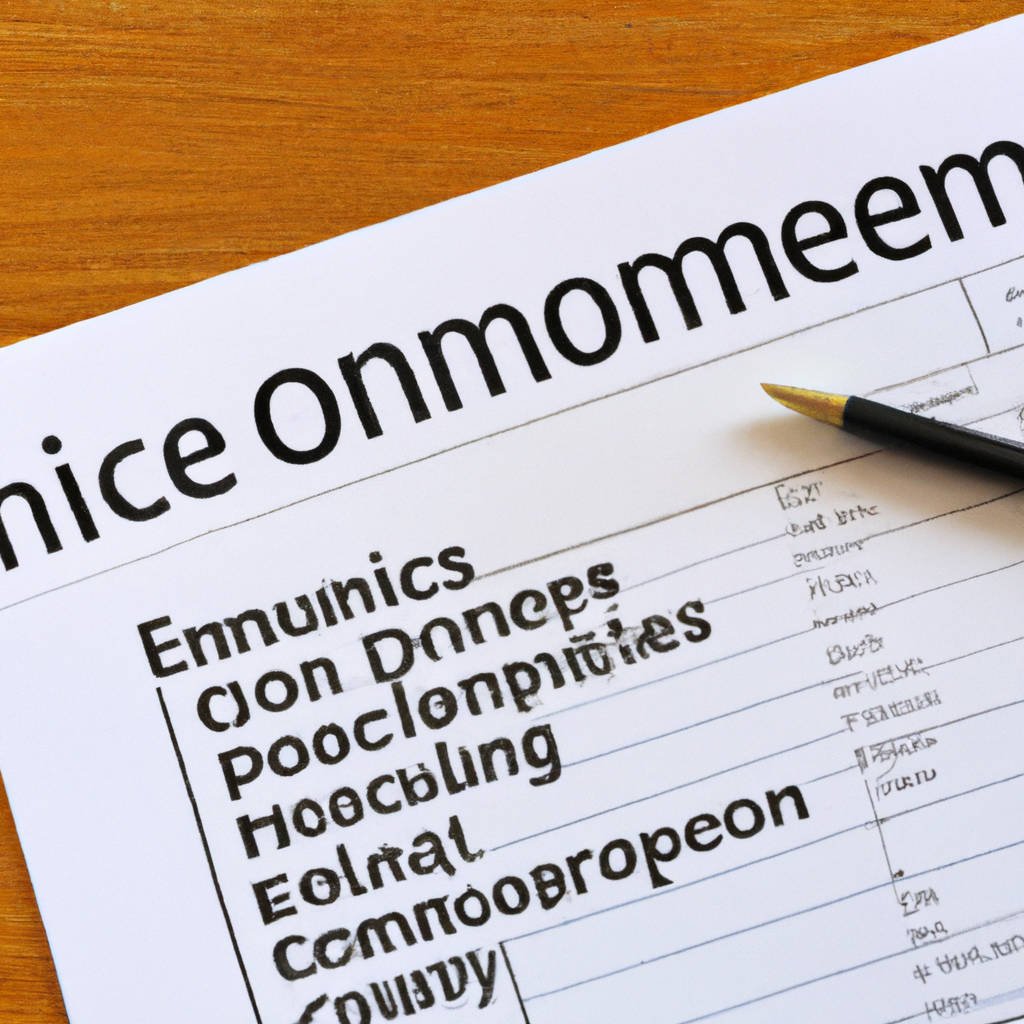Political economy is a field of study that seeks to understand the functioning of societies through the analysis of economic and political systems. By examining the ways in which resources are allocated and power is distributed within a society, political economists are able to gain insights into the underlying structures and mechanisms that shape the behavior of individuals and institutions.
Through the study of political economy, we are able to comprehend the complex interplay between economic interests, political power, and social norms that influence the development and functioning of societies. By exploring the ways in which economic and political factors interact and shape each other, political economists are able to uncover the underlying dynamics that drive social change and shape the outcomes of policy decisions. Through the study of political economy, we are able to gain a deeper understanding of the forces that drive economic growth, social inequality, and political conflict within societies.
By examining the ways in which different economic and political systems function and interact, political economists are able to develop theories and models that can help us better understand and navigate the complexities of the modern world. Ultimately, the study of political economy allows us to comprehend the underlying mechanisms that shape the functioning of societies and the ways in which individuals and institutions can work together to create a more just and prosperous world.

Political Economy: How Societies Operate
Political economy is the study of how societies organize and manage their resources in order to create wealth and distribute it among their members. It examines the ways in which governments, businesses, and individuals interact to shape the economic and political landscape of a society. In essence, political economy seeks to understand the complex web of relationships that exist between the state, the market, and society as a whole.
It looks at how different economic systems, such as capitalism, socialism, and mixed economies, influence the distribution of wealth and power within a society. Political economy also considers the role of institutions, such as banks, corporations, and trade unions, in shaping economic outcomes. By examining these various factors, political economy helps us to understand how societies operate and how they can be improved to benefit all members of society. Ultimately, political economy is concerned with finding ways to create a more just and equitable economic system that promotes the well-being of all individuals, regardless of their social or economic status.
Political Economy Courses
Political economy courses provide students with a comprehensive understanding of the intersection between politics and economics. These courses explore how government policies, institutions, and regulations impact economic systems and vice versa. By studying political economy, students gain insight into how power dynamics, distribution of resources, and decision-making processes influence economic outcomes. Students learn about various economic theories and models, as well as how they are applied in real-world situations.
Additionally, political economy courses often delve into the role of globalization, trade agreements, and international organizations in shaping economic policy. By examining case studies and current events, students are able to analyze and critique different economic systems and policies. Overall, political economy courses equip students with the knowledge and analytical skills to understand, evaluate, and potentially influence the complex relationship between politics and economics. With this understanding, students are better prepared to navigate the complexities of the global economy and contribute to informed decision-making in various professional fields.

Government Courses on Political Economy
Government courses on political economy provide students with a comprehensive understanding of the relationship between government policies and economic outcomes. These courses delve into topics such as taxation, public spending, trade policies, and regulation to explore how these factors impact the overall health of the economy. By examining the role of government in shaping economic decisions and outcomes, students gain a deeper understanding of the complexities of the modern economy.
Through case studies and real-world examples, students learn how government interventions can either promote economic growth or hinder it, and how different economic theories and models can inform policy decisions. By studying political economy, students are able to critically analyze the impact of government policies on markets, industries, and individuals, and develop a nuanced understanding of the trade-offs and unintended consequences that can arise from government interventions in the economy. Overall, government courses on political economy provide students with the tools and knowledge necessary to navigate the complex intersection of politics and economics, and to make informed decisions about policy and governance in an increasingly globalized world.
Economics Courses on Political Economy
Economics courses that focus on political economy explore the intricate relationship between economic systems and political structures. These courses delve into how government policies, regulations, and institutions impact economic outcomes and vice versa. Students in these courses learn about the role of government in shaping economic activities, the influence of special interest groups on policy decisions, and the implications of different economic ideologies on society. By studying political economy, students gain a deeper understanding of how power dynamics, distribution of resources, and social inequalities are interconnected with economic processes.
They also analyze historical and contemporary case studies to examine the successes and failures of various economic policies and systems. Ultimately, these courses equip students with the critical thinking skills and analytical tools needed to navigate the complex intersection of politics and economics in the real world. By understanding the political forces at play in economic decision-making, students are better prepared to analyze and predict how different policies and regulations may impact economic outcomes. This knowledge is crucial for individuals pursuing careers in fields such as government, public policy, international relations, and economics. Overall, economics courses on political economy provide students with a holistic perspective on the complexities of economic systems and the role of government in shaping socio-economic outcomes.

Sociology Courses on Political Economy
Sociology courses on political economy explore the complex relationships between society and the economy, focusing on how power dynamics, institutions, and social structures influence economic processes and outcomes. These courses delve into critical issues such as inequality, poverty, globalization, and development, examining how they are shaped by political and social forces. Students in these courses learn to analyze economic systems through a sociological lens, understanding how economic decisions are influenced by social norms, cultural values, and political ideologies.
By studying the intersection of sociology and political economy, students gain a deeper understanding of the ways in which economic systems impact individuals, communities, and societies as a whole. They also explore alternative economic models and solutions to address social inequalities and promote more equitable economic development. Through a combination of theoretical frameworks, case studies, and empirical research, sociology courses on political economy provide students with the tools to critically analyze and interrogate the relationship between society and the economy, ultimately equipping them to engage in informed debates and discussions about pressing economic issues in the contemporary world.
International Relations Courses on Political Economy
International Relations courses on Political Economy offer students a unique perspective on the complex interplay between economics and politics on the global stage. These courses provide students with a deep understanding of how economic factors such as trade, finance, and development shape international relations and vice versa. By studying the political economy of different countries and regions, students gain insight into the power dynamics that drive decision-making at the international level. They also learn how economic policies and institutions can impact political stability and influence diplomatic relations between nations.
Through case studies and theoretical frameworks, students analyze the role of multinational corporations, international organizations, and governments in shaping the global economy. By examining issues such as globalization, inequality, and economic development, students are able to critically assess the opportunities and challenges facing the international community in the 21st century. Overall, International Relations courses on Political Economy provide students with a comprehensive understanding of the complex interactions between economics and politics in a globalized world, equipping them with the knowledge and skills to navigate the complexities of international relations in their future careers.
